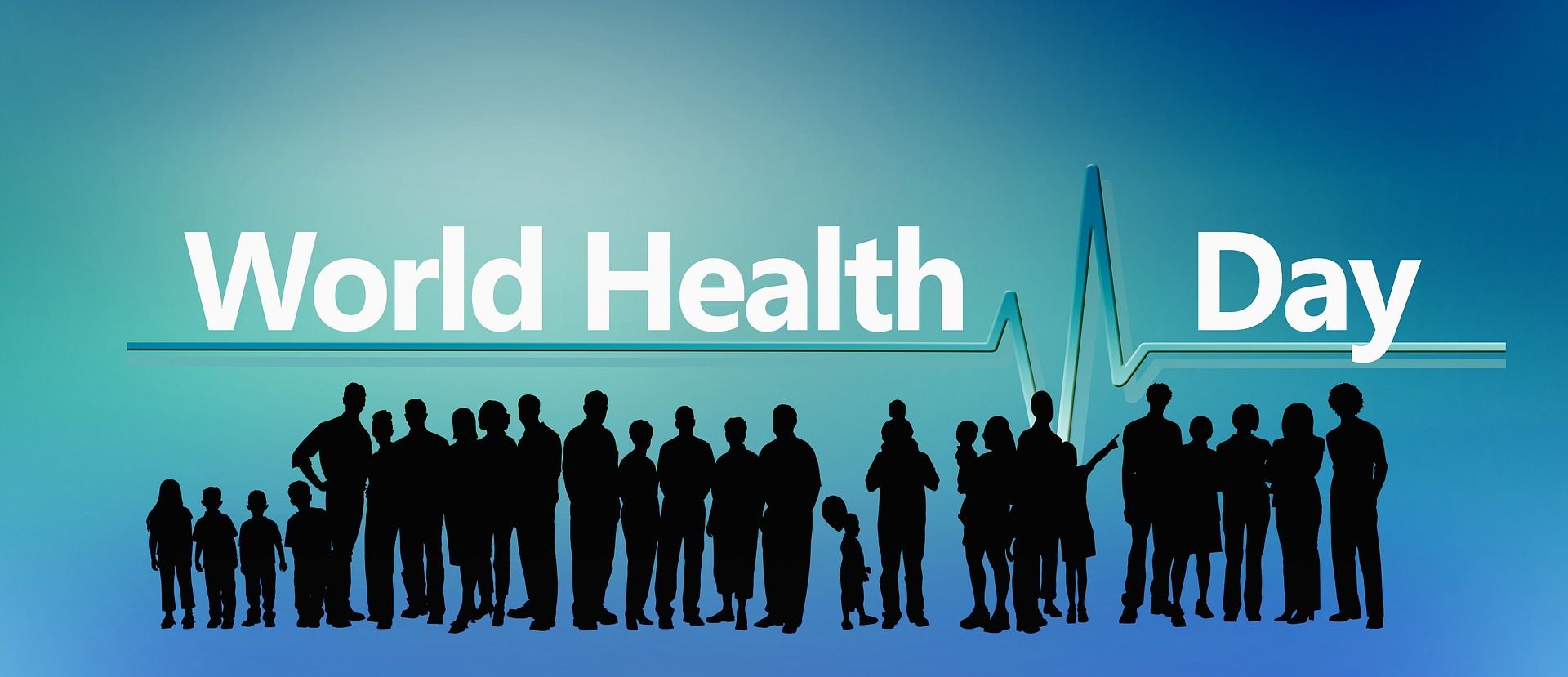OECS Commission observes World Health Day 2017
The Organisation of Eastern Caribbean States’ (OECS) Commission joins the World Health Organisation (WHO) in observance of World Health Day today, April 7, under the theme “Depression: Let’s Talk.” The latest estimates from the WHO list depression as the leading cause of ill health and disability worldwide. The goal of this year's campaign is to encourage more people with depression, everywhere in the world, to seek and get help.
According to the WHO, more than 300 million people are now living with depression, an increase of more than 18% between 2005 and 2015.
WHO Director-General, Dr Margaret Chan said: “These new figures are a wake-up call for all countries to re-think their approaches to mental health and to treat it with the urgency that it deserves.”
Lack of support for people with mental disorders, coupled with a fear of stigma, prevent many from accessing the treatment they need to live healthy, productive lives.
Talking about depression, whether with a family member, friend or medical professional; in larger groups, for example in schools, the workplace and social settings; or in the public domain, in the news media, blogs or on social media, helps break down this stigma, ultimately leading to more people seeking help.
What is depression?
Depression is a common mental illness characterised by persistent sadness and a loss of interest in activities that people normally enjoy, accompanied by an inability to carry out daily activities, for 14 days or longer.
In addition, people with depression normally have several of the following:
- a loss of energy;
- a change in appetite;
- sleeping more or less;
- anxiety;
- reduced concentration;
- indecisiveness;
- restlessness;
- feelings of worthlessness, guilt, or hopelessness;
- and thoughts of self-harm or suicide.
The risk of becoming depressed is increased by poverty, unemployment, life events such as the death of a loved one or a relationship break-up, physical illness and problems caused by alcohol and drug use.
It is important to note that depression is something that can happen to anyone. It can affect people of all ages, from all walks of life, and it is not a sign of weakness.
Untreated depression can prevent people from working and participating in family and community life. At worst, depression can lead to suicide. According to the WHO, suicide was the second leading cause of death among 15-29 year olds globally in 2015.
What you can do if you think you are depressed?
- Talk to someone you trust about your feelings. Most people feel better after talking to someone who cares about them.
- Seek professional help. Your local health-care worker or doctor is a good place to start. Remember that with the right help, you can get better.
- Keep up with activities that you used to enjoy when you were well.
- Stay connected. Keep in contact with family and friends.
- Exercise regularly, even if it’s just a short walk.
- Stick to regular eating and sleeping habits.
- Accept that you might have depression and adjust your expectations. You may not be able to accomplish as much as you do usually.
- Avoid or restrict alcohol intake and refrain from using illicit drugs; they can worsen depression.
- If you feel suicidal, contact someone for help immediately.
Remember: Depression can be treated. If you think you have depression, seek help.





